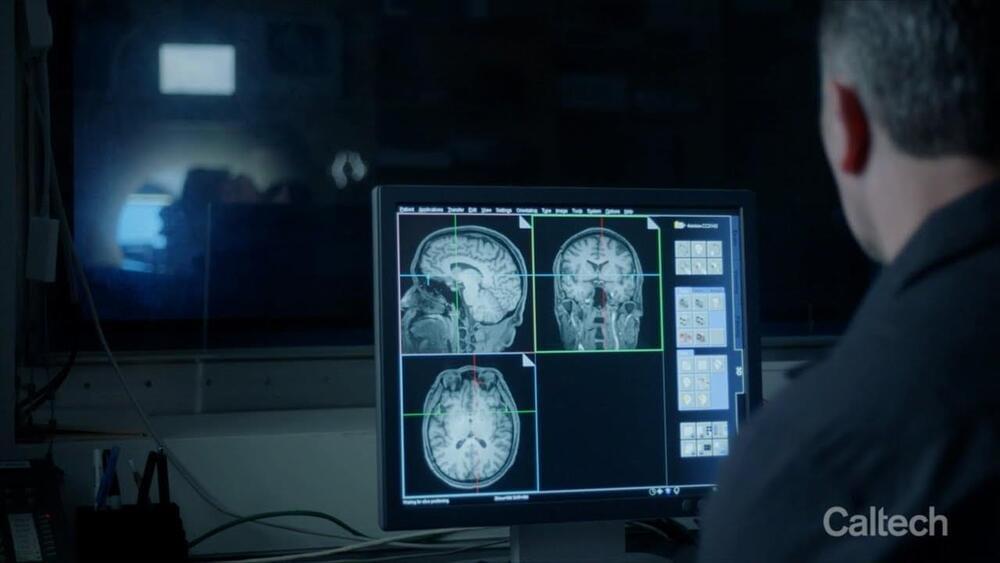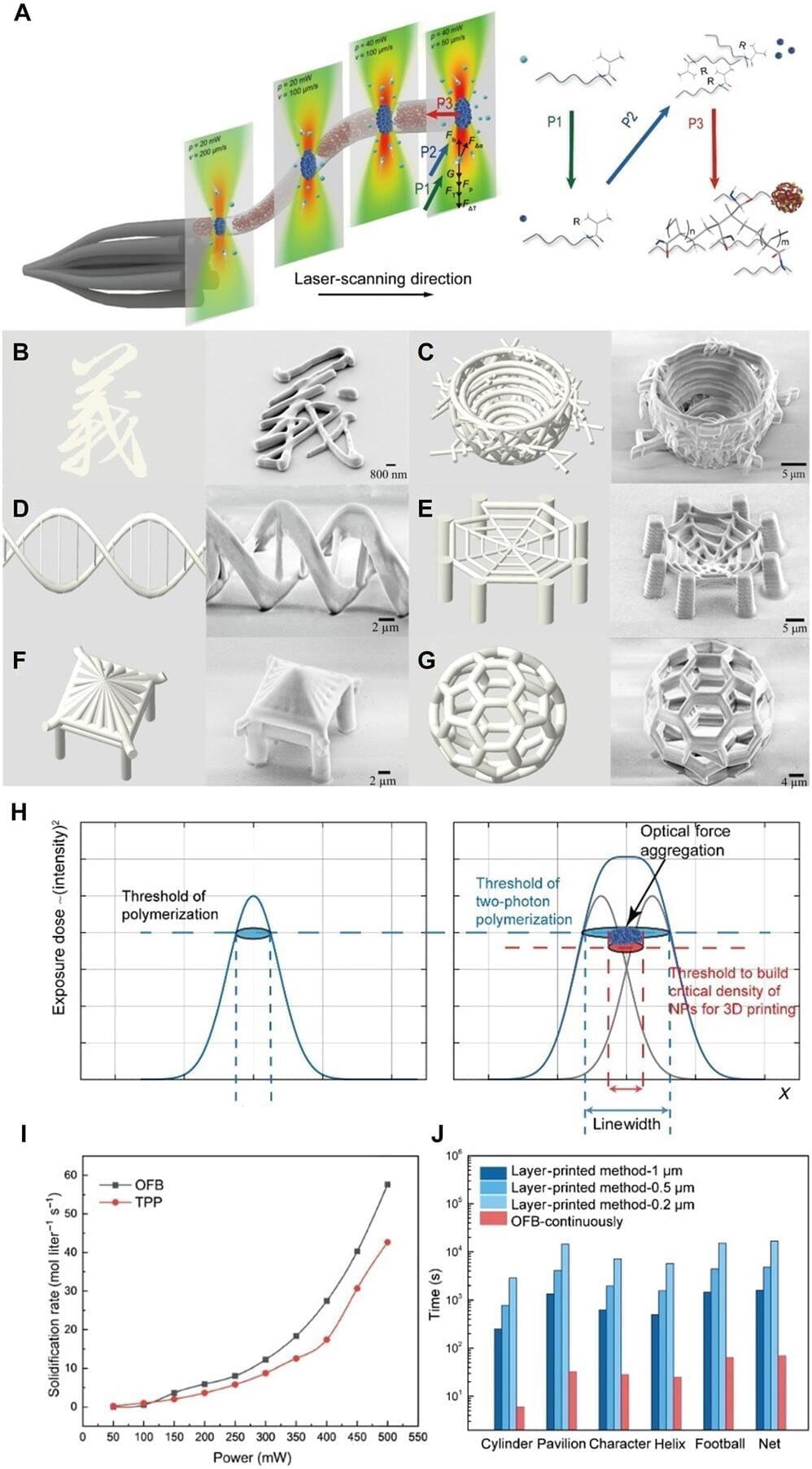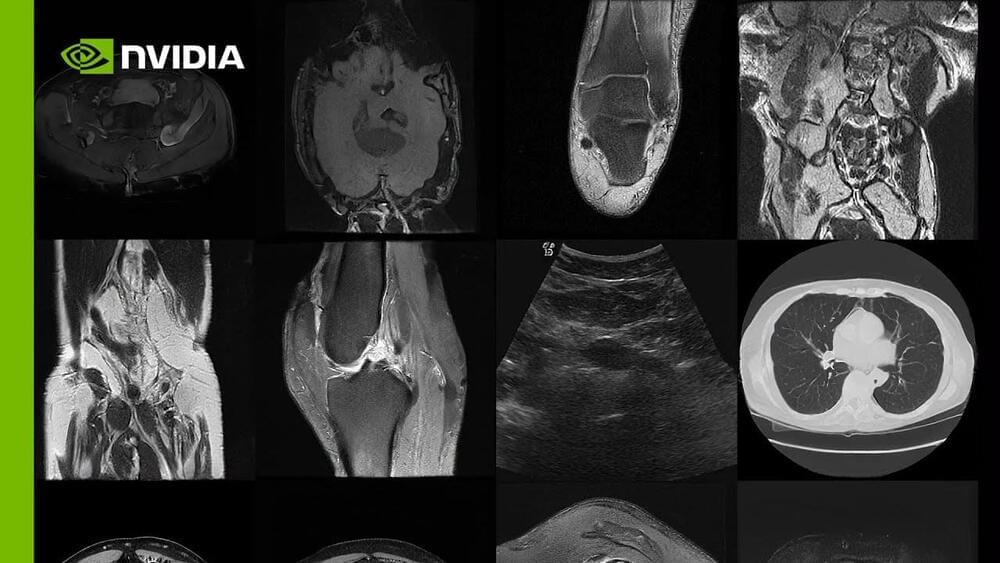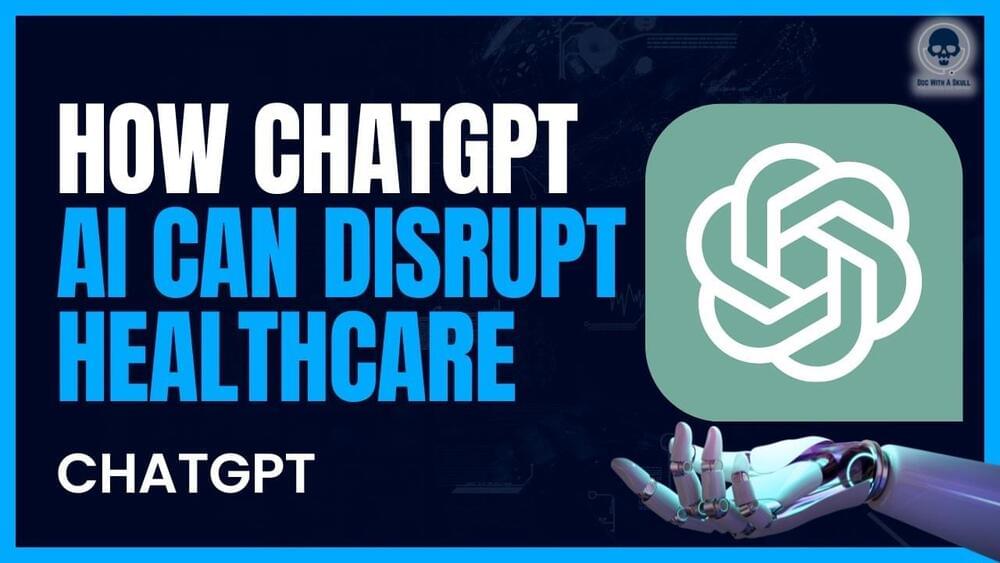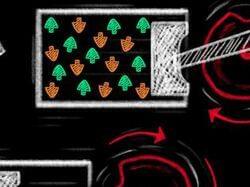Speech BCIs that use brain implants and algorithms to translate brain signals into text are changing the lives of people with paralysis.
What happens in the brain when we feel threatened? Answers to this question could lead to new treatments for people with anxiety and panic disorders and PTSD. Caltech neuroscientist Dean Mobbs (http://www.hss.caltech.edu/people/dean-mobbs) studies how the brain processes different types of danger. In this video, Mobbs talks about fear, horror, and hope. Participants in his studies play virtual-predator video games inspired by horror movies while fMRI machines track the activity in their brains as they encounter threats. Mobbs and his research group recently showed that two regions of the brain are involved in processing fear: one for distant threats that allow some time to strategize, and one for immediate danger that requires a fight, flight, or freeze response. (Read more: https://www.caltech.edu/about/news/you-dont-think-your-way-o…tack-81542)
Mobbs conducts research in the Caltech Brain Imaging Center (http://cbic.caltech.edu), which is part of the Tianqiao and Chrissy Chen Institute for Neuroscience at Caltech (http://neuroscience.caltech.edu). Founded with a $115 million gift to Break Through: The Caltech Campaign (https://breakthrough.caltech.edu/) from visionary philanthropists Tianqiao Chen and Chrissy Luo, the Chen Institute at Caltech supports researchers who are deepening our understanding of the brain.
©2019 California Institute of Technology.
They announced the Nobel prizes this week! But did any of the recipients teach an AI to play Street Fighter? Here are a few of this week’s stories not yet lauded by international committees of scientists, but which we thought were pretty good:
Even if you think a galaxy is old enough to drink, you should probably go ahead and ask for ID before you serve them. The earliest galaxies in the universe captured by the James Webb Space Telescope appeared too bright, massive and way too old to have formed that soon after the Big Bang, presenting a problem for astronomers and their favorite model, the standard model of cosmology.
Recently, a team of physicists at Northwestern University used computer simulations to model galaxy formation after the Big Bang and demonstrate that (at least in the model universe) stars formed in bursts, producing light of enormously greater intensity than a modern galaxy like, say, Andromeda, where star formation is steady and the number of stars gradually increases over time.
Two-photon polymerization is a potential method for nanofabrication to integrate nanomaterials based on femtosecond laser-based methods. Challenges in the field of 3D nanoprinting include slow layer-by-layer printing and limited material options as a result of laser-matter interactions.
In a new report now on Science Advances, Chenqi Yi and a team of scientists in Technology Sciences, Medicine, and Industrial Engineering at the Wuhan University China and the Purdue University U.S., showed a new 3D nanoprinting approach known as free-space nanoprinting by using an optical force brush.
This concept allowed them to develop precise and spatial writing paths beyond optical limits to form 4D functional structures. The method facilitated the rapid aggregation and solidification of radicals to facilitate polymerization with increased sensitivity to laser energy, to provide high accuracy, free-space painting much like Chinese brush painting on paper.
Although AGI was significantly more likely to be detected after sexual assault than consensual sexual intercourse, more than half of survivors of sexual assault have no detectable injuries. The presence of AGI, therefore, does not prove there has been sexual violence and absence of injury does not refute that sexual assault has occurred.
The University of Birmingham.
#medicalAI
Generative AI for medical imaging can create infinite synthetic images of the human anatomy. These large, synthetic datasets are used for training generalizable AI models that can learn from evolving patient data while preserving patient privacy. Learn how MONAI, a framework for building and deploying medical AI, and partners like King’s College London, Mount Sinai, and East River Imaging are using generative AI to study disease and make AI decisions and predictions more accurate, trusted, and safe.
This video is about How ChatGPT/ AI can disrupt healthcare.
ChatGPT is an AI-powered chat platform developed by OpenAI. It allows users to ask questions in a conversational format and build on previous conversations, which allows for improved learning over time. Microsoft has invested billions of dollars in ChatGPT, integrating it into their search engine Bing and web browser Edge. Although the rise of AI has caused concern over job security, ChatGPT currently requires human input to generate questions and diagnose patients, making it a tool to augment human abilities in healthcare. The technology can be used for diagnosis, research, medical education, and radiographs. It can assist healthcare professionals in diagnosing and researching diseases, visualizing anatomy and procedures, and analyzing medical images.
#chatgpt #ai #healthcare.
Try ChatGPT Here:
https://chat.openai.com/chat.
Try Dall-E2 Here:
https://labs.openai.com/
Try the NEW Bing here:
In a schematic view, an engine uses a thermodynamic change to produce work. For example, when a gas is ignited, it expands and so pushes a piston. Now, researchers have been able to develop a similar kind of engine but instead of using the relationship between temperature, pressure, and volume, the new device uses quantum mechanics.
The quantum engine employs a gas that can turn from a fermion gas to a boson gas. Fermions and bosons are a way to divide all particles into two categories. Their difference comes from a property called spin, an intrinsic angular momentum. Fermions have a fractional value (1÷2, 3/2) while bosons have integer spin (0, 1, 2, …).
There is another difference that matters in the engine too: the Pauli exclusion principle. And this only applies to fermions.
AI was used to assist in writing this article.
As we stand on the cusp of the third decade of the 21st century, it’s impossible not to wonder what the world will be like in 20 years. Technology is advancing at an unprecedented pace, reshaping the way we live, work, and interact with the world around us. While we can’t predict the future with absolute certainty, we can make some educated guesses based on current trends and emerging technologies. Here’s a glimpse into what life may look like in the year 2043.
Artificial Intelligence Everywhere Artificial intelligence (AI) will continue to permeate every aspect of our lives. AI-driven personal assistants will become even more sophisticated, anticipating our needs and managing various aspects of our daily routines. From smart homes that adjust to our preferences in real-time to AI-powered healthcare diagnostics, AI will be omnipresent.
Antisocial Personality Disorder (ASPD) is a complex mental health condition characterized by a pervasive pattern of disregard for the rights of others and violation of societal norms. Untreated forms of ASPD affect about three percent of the general population. While the exact causes of ASPD remain unclear, researchers have identified several potential factors that may contribute to its development.
1. Genetic Factors: Studies suggest a genetic component in the development of ASPD, with heritability estimates ranging from 40% to 70%. Genetic variants involved in neurotransmitter regulation, such as serotonin and dopamine, have been implicated in antisocial behavior (Ficks & Waldman, 2014).
2. Environmental Factors: Childhood experiences play a crucial role in the development of ASPD. Early exposure to abuse, neglect, or inconsistent parenting has been linked to an increased risk of developing antisocial behavior (Rhee & Waldman, 2011).
